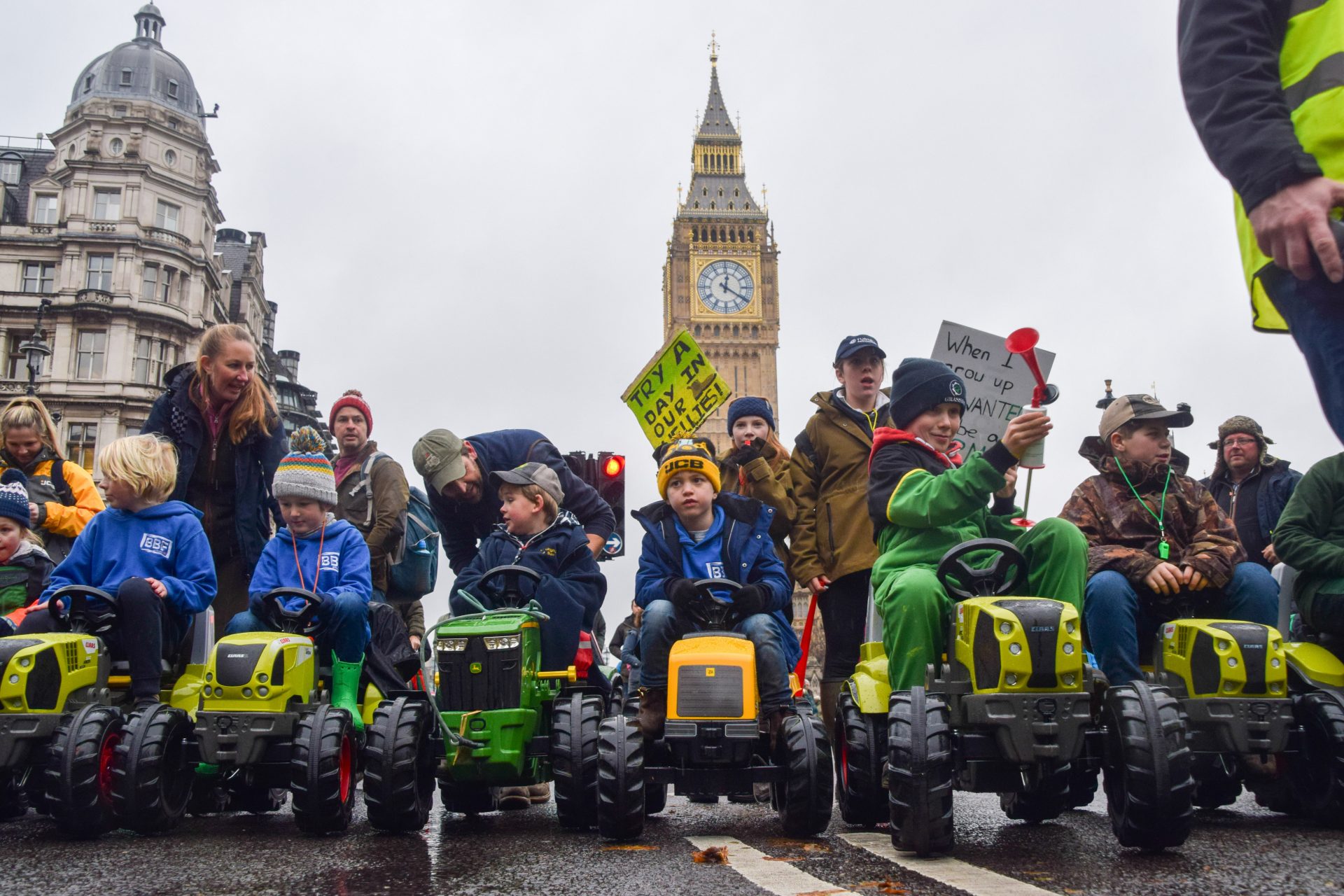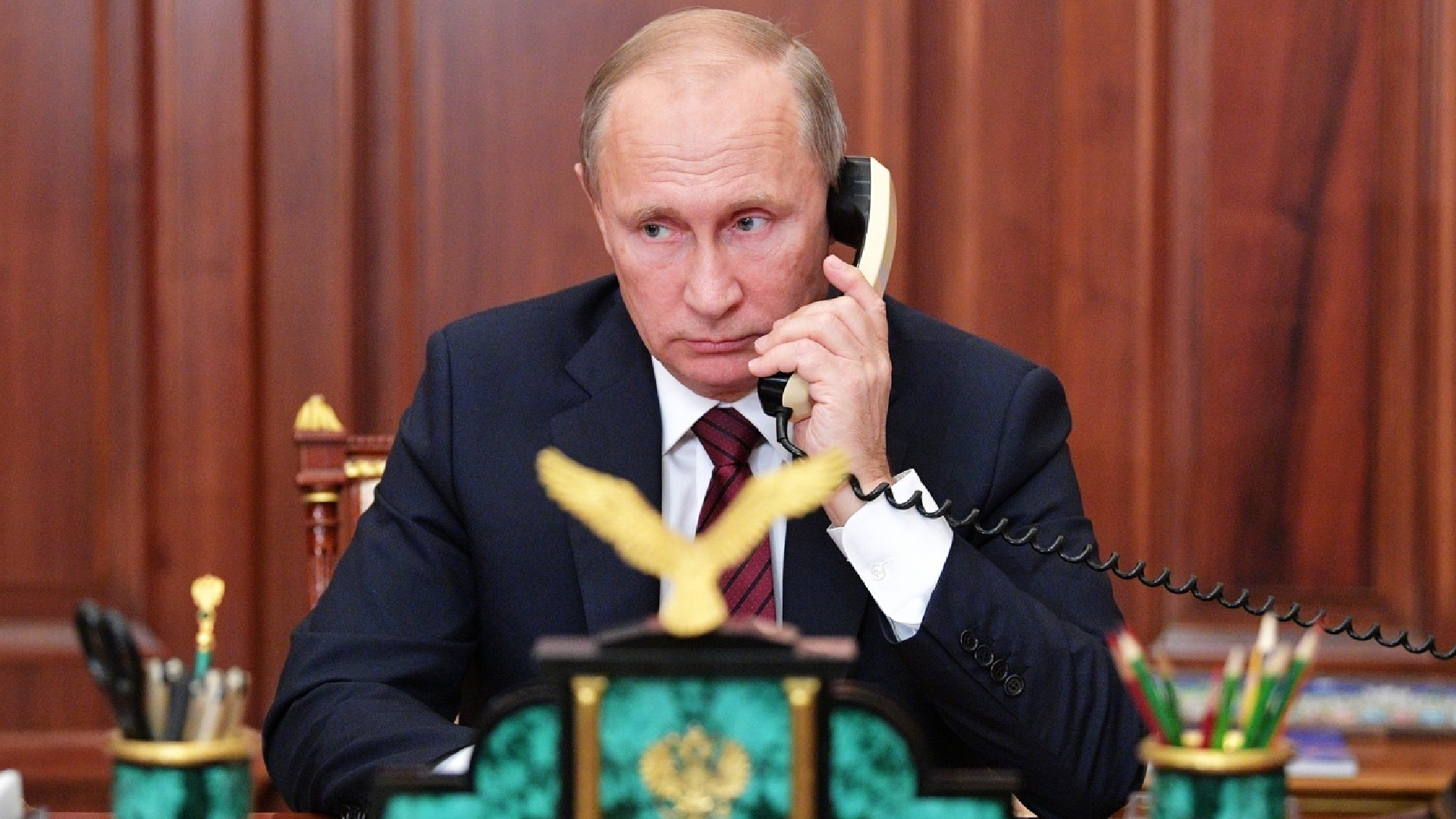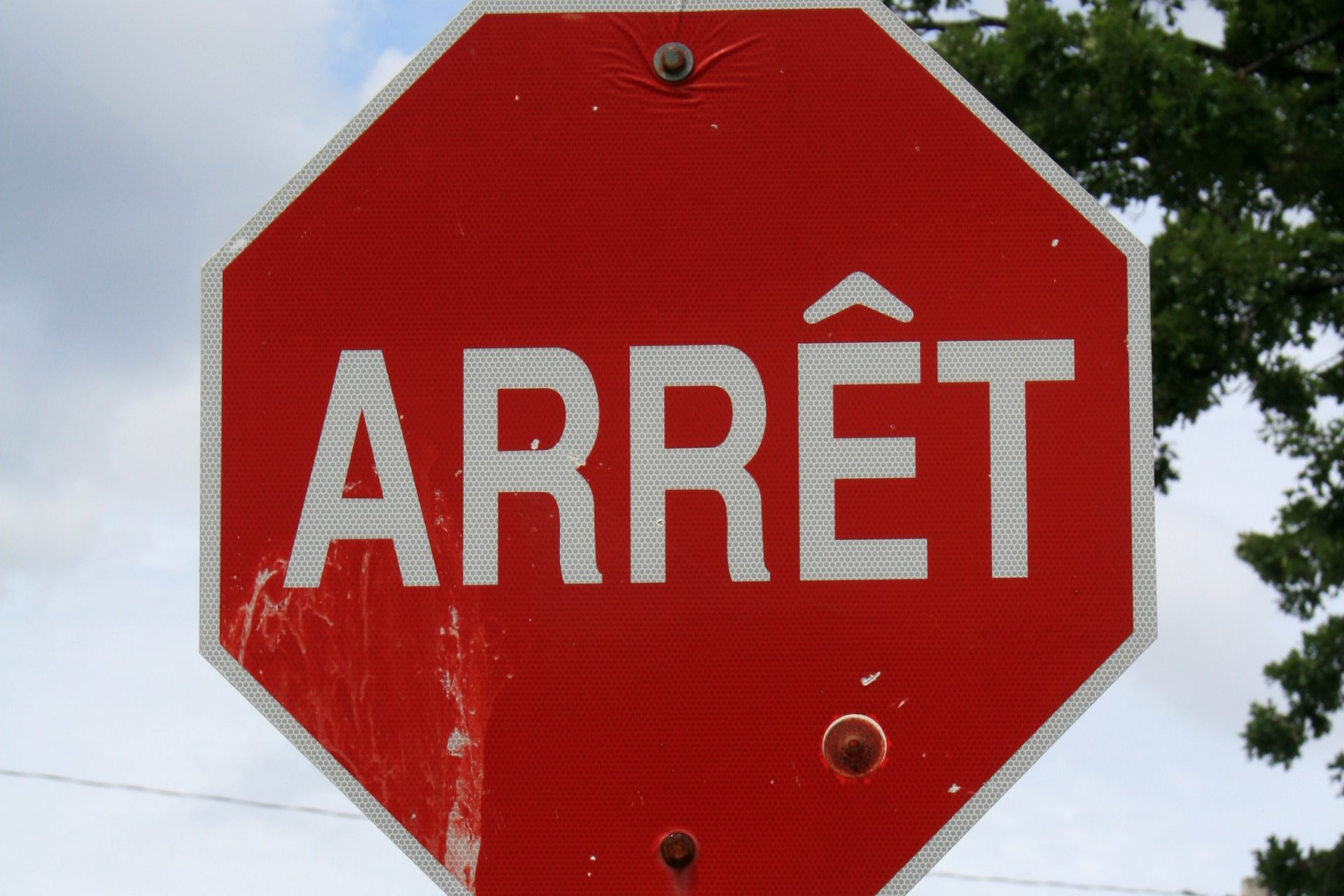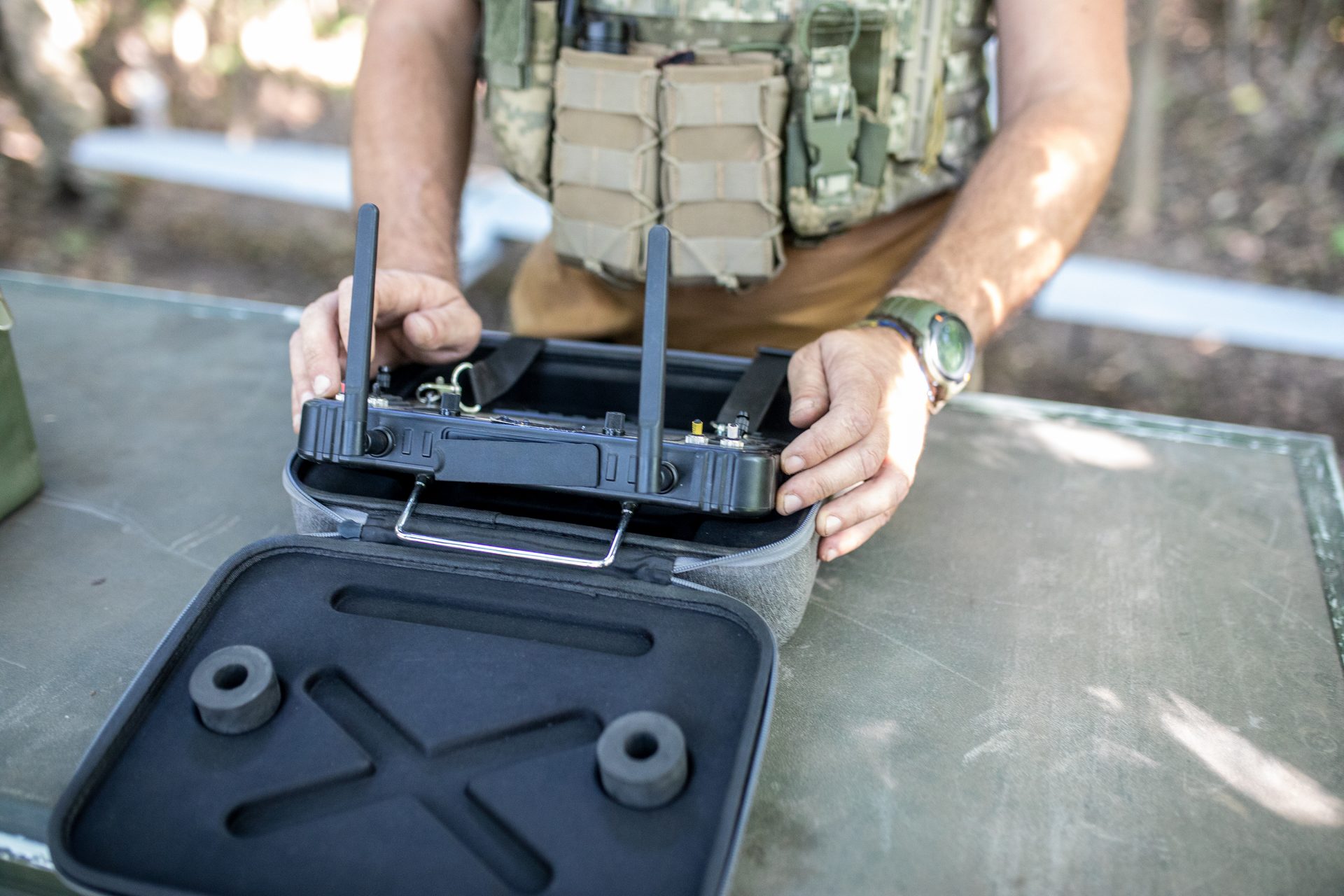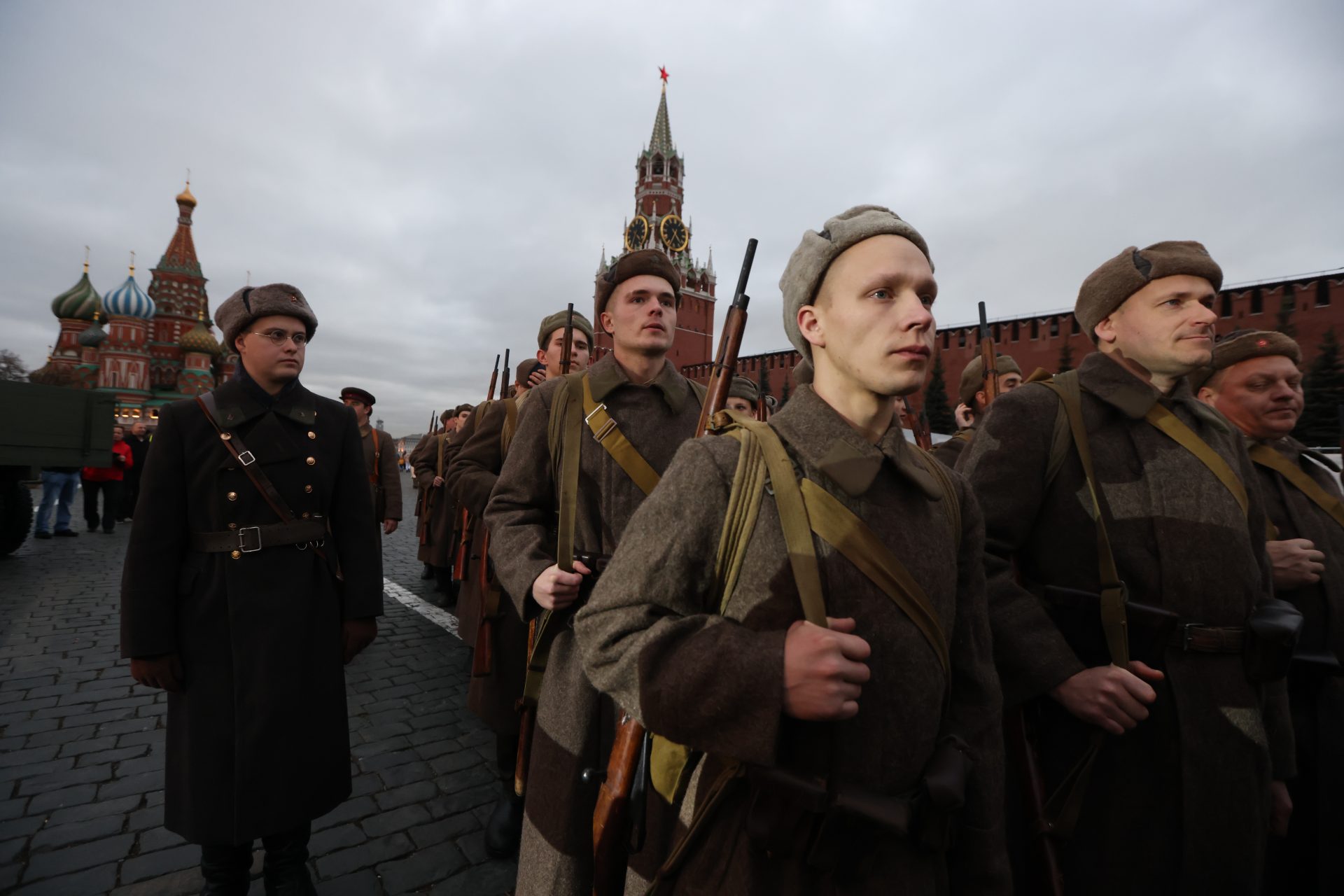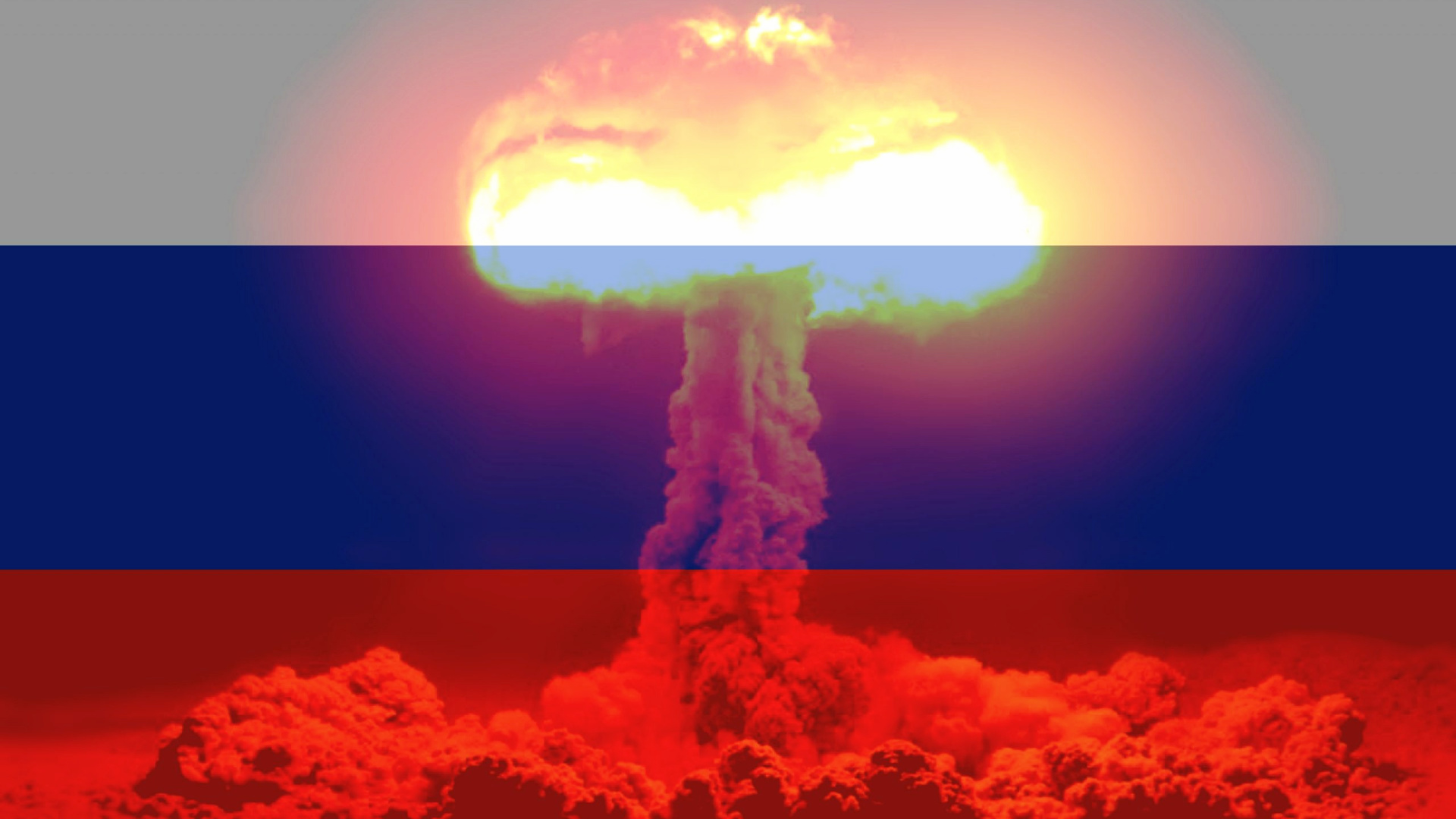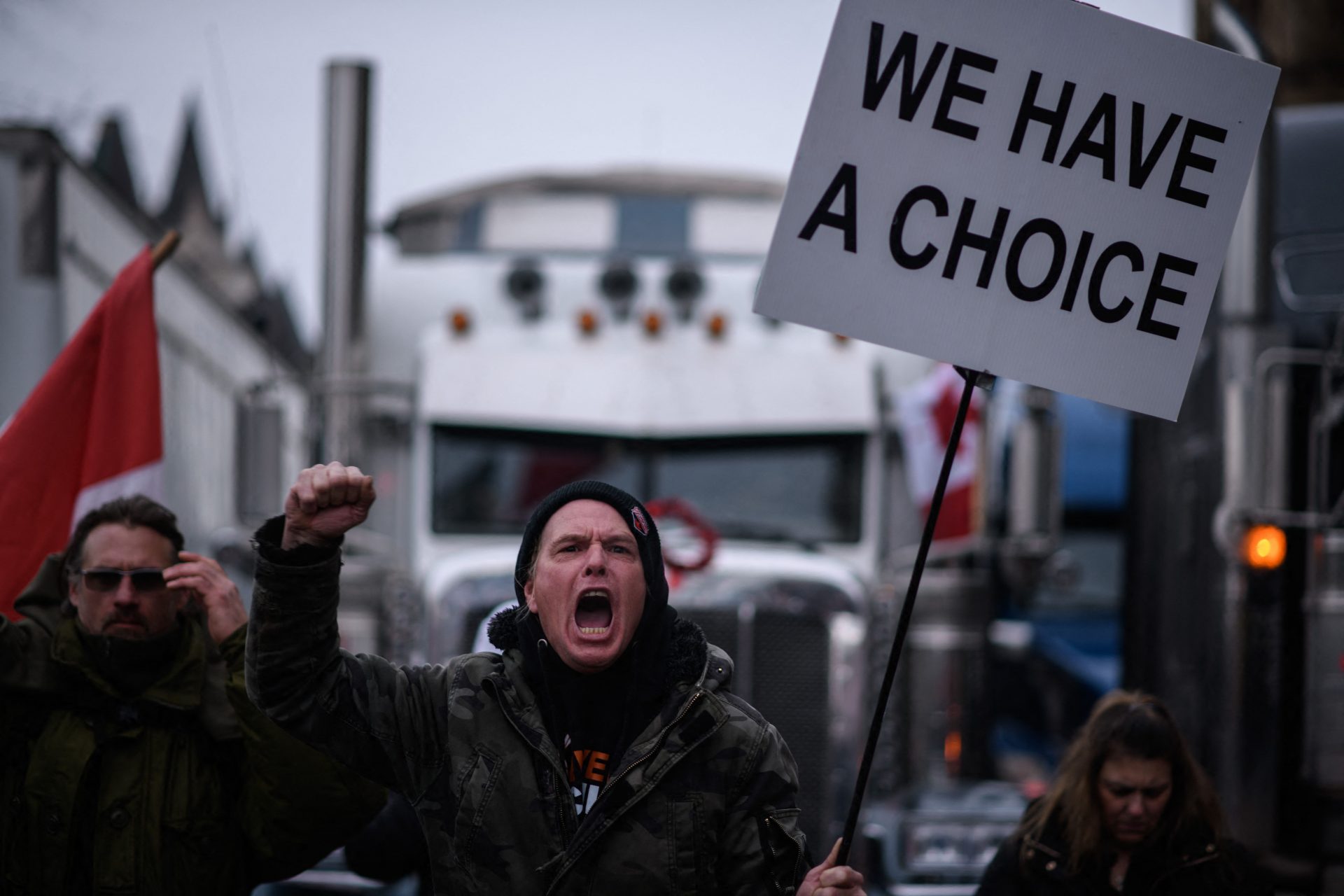Putin's military mistakes in Ukraine - overconfident and underprepared
It is clear that the war in Ukraine is not going as Putin would have liked. Russian troops have had to withdraw from several aerial operations, and the invasion does not seem to be advancing.
Indeed, the war has become far longer and more drawn out than Putin ever imagined, and analysts speak of serious military errors on Russia's behalf. Join us as we take a look at some of the vital mistakes that Putin has made in his attack on Ukraine.
An analysis in The Washington Post by Bonnie Berkowitz and Artur Galocha wrote about the situation 30 days after the start of the invasion. The two journalists say that while Russia's army may be great in numbers, it is weak in logistics.
Berkowitz and Galocha spoke of Russia's major issues in the war such as lack of food supplies, Generals killed on the front lines, convoys that have been ambushed, and tanks that break down.
In addition, many military analysts see Putin's strategy as obsolete in our tech-heavy world where many factors (not just the number of soldiers or the quality of weapons) decide the course of a conflict.
Image: Anton Maksimov 5642.su / Unsplash
Proving this point is what happened with Google Maps at the beginning of the invasion. Google Maps traffic information showed in the early hours of February 24 a monumental traffic jam on a road in Ukraine on the border with Russia. It was, in fact, a high concentration of Russian troops and battle tanks—helpful information for the Ukrainian resistance.
According to Deutsche Welle, this information was instantly publicly exposed on Twitter by experts such as Jeffrey Lewis, an American professor specializing in open source intelligence. Google decided hours later to deactivate this service on Ukrainian territory.
But that image of a traffic jam could not only be seen on Google Maps. The satellite company Maxar showed a long line of tanks on their way to Kyiv. It was then calculated that they were a 60-kilometer long convoy. A military absurdity: tanks in a row. Why?
Some claim that the tanks were going by road to move faster and avoid the mud that covers the Ukrainian lands during the spring thaw. However, that way of advancing is not a common military strategy, and with no additional protection, the convoy was more vulnerable to surprise attacks.
However, The Washington Post pointed out the greatest difficulty that the Russians face: how hard it is to get fuel, food, and other necessary things to advance troops. The logistical challenge or what the expert Michael Kofman calls "the tyranny of distance."
Another fundamental mistake analysts agree on is underestimating Ukraine's ability to resist an invasion. Perhaps previous events, such as the Crimea operation (which was a "walk in the park"), confused Putin.
Next comes the difficulty of occupying an entire country. There is talk that Russia has mobilized 150,000 soldiers. Still, General David Petraeus (in the image), who commanded US forces in Afghanistan and Iraq, said on CNN that this figure is not enough for a country of 44 million inhabitants.
Petraeus' calculation is that there must be, when a country is invaded, "five attackers for every defender." Russia does not abide by that rule.
In his interview with CNN, Petraeus also mentioned the large number of generals and commanders who have fallen in combat.
Some have attributed it to pure malpractice, but other analysts maintain that in the Russian military tradition, the high command goes to the battlefront, that it is something normal and that it boosts the troops' morale.
And despite this presence (and high mortality) of generals on the battlefield, The New York Times made it clear, citing US military sources, that Russia lacks a leader on the ground ('Russia's War Lacks a Battlefield Commander, US Officials Say' was the headline).
Another controversial issue is that it is said (but this may be Western propaganda) that the Russian soldiers were convinced that they were going on a quasi-peaceful operation to the Ukraine, where they would be welcomed with open arms.
Going to war thinking about receiving applause and being shot as an invader is not something that raises morale. Soldiers must be adequately prepared about what they are going to find. Experts believe that this was not done with Russian troops in the case of Ukraine.
An additional element that may lower the troops' morale is the number of casualties Russian forces are seeing. Komsomolskaya Pravda, a Russian outlet close to the Kremlin, even spoke of 10,000 dead soldiers but later corrected himself and said it had been a mistake.
Russia admits to 500 dead Russian soldiers, and US sources say more than 2,000 of Putin's soldiers may have been killed. These are high figures that call into question the Russian military effectiveness.
In Chechnya, the Russians had local allies such as Ramzan Kadyrov, and in Syria, Russia worked hand in hand with the government itself. In Ukraine, except in Donbas, no one on the ground is helping them.
And then there is the way in which Zelenski (who even spoke at the Grammys) has achieved the sympathy of world public opinion for his cause. Russia is certainly not helped by images of massacres caused by Russian troops.
The Russians have had to reorganize their offensive, withdraw and focus their efforts on areas where they believe they can make real gains.
It seems that taking Kyiv is no longer an option in the short term. At the beginning of the invasion, it was surprising that there were Russian troops in some areas of the city (there was even talk of paratroopers).
However, it seems that it is complicated to occupy an enormously large city (in terms of geography, according to The Washington Post, Kyiv is larger than New York).
Some have begun talking about a Russian defeat; however, that seems rather premature at this point in the war.
Putin is a stubborn leader who is capable of persevering in a war despite his prestige as a leader being at stake.
And then there is the kind of war that Putin wants to wage. Their old-fashioned ground invasion model, deploying troops and tanks on the ground, has failed. But what if Putin tries to bring Ukraine to its knees through massive bombing or even the use of weapons of mass destruction?
Although the Ukrainian resistance is heroic, Russia's military capacity should not be underestimated. It is powerful, and Russia is among the countries that defeated Hitler, with a tradition of fighting and rarely backing down. For now, the truth is that in the military campaign in Ukraine (in the opinion of almost all analysts), there have been significant errors.
Check out -How Putin Protects Himself
More for you
Top Stories































